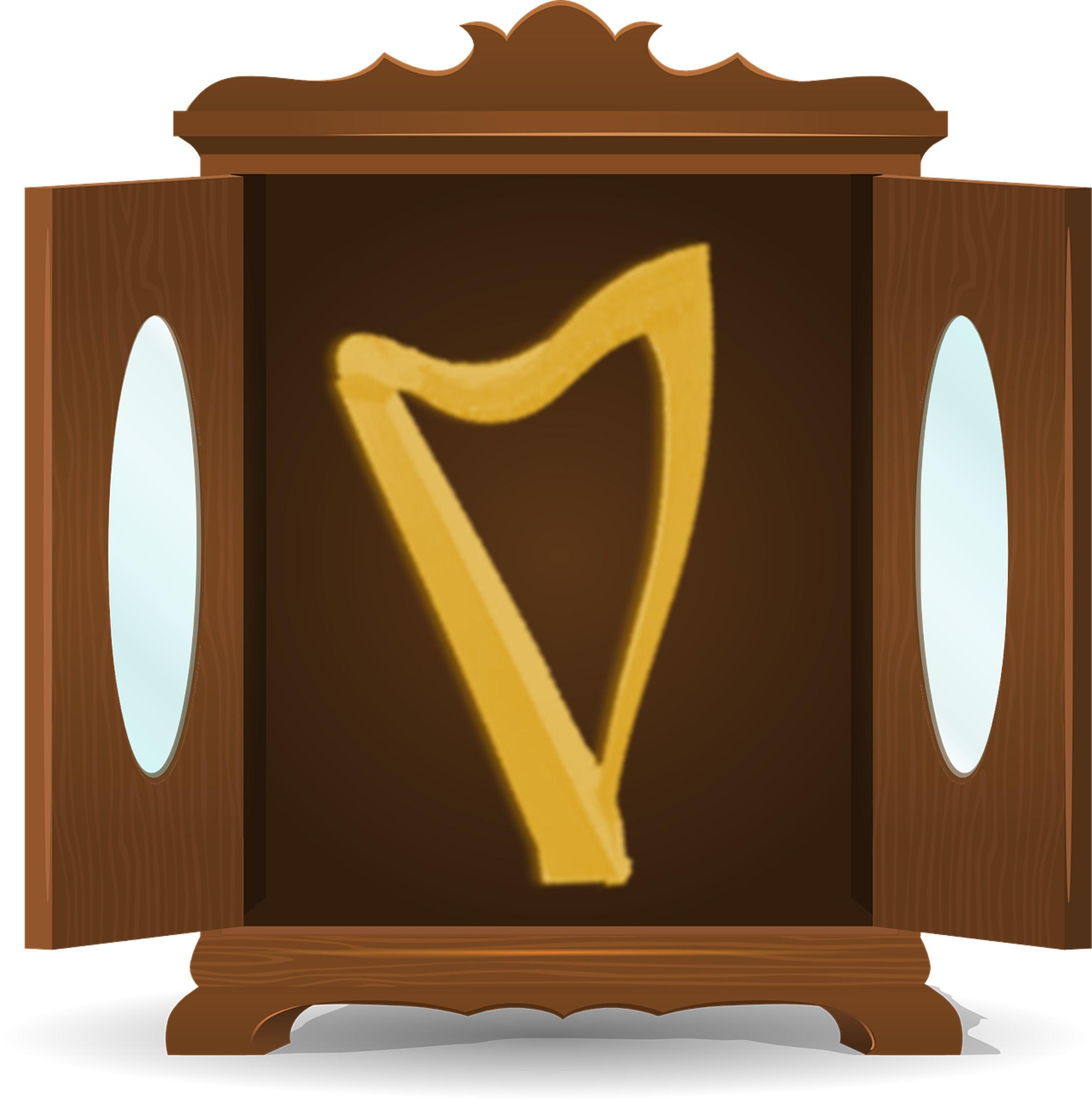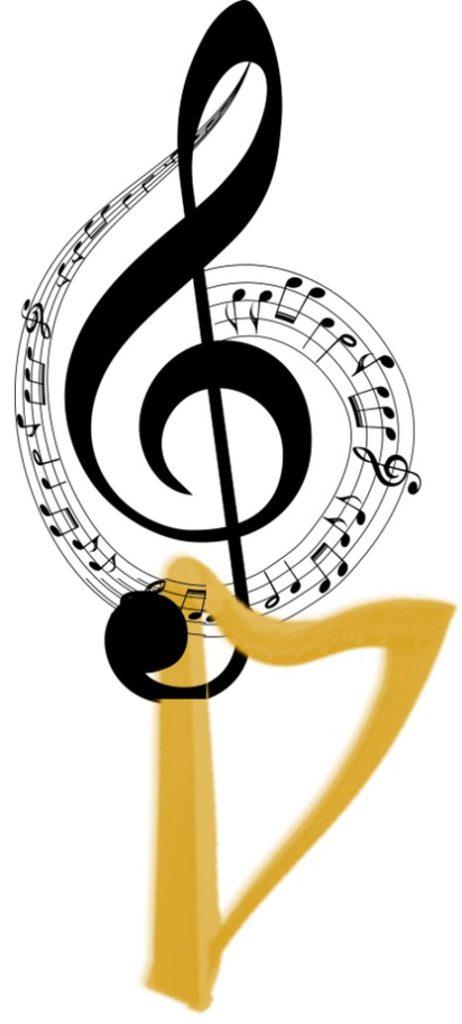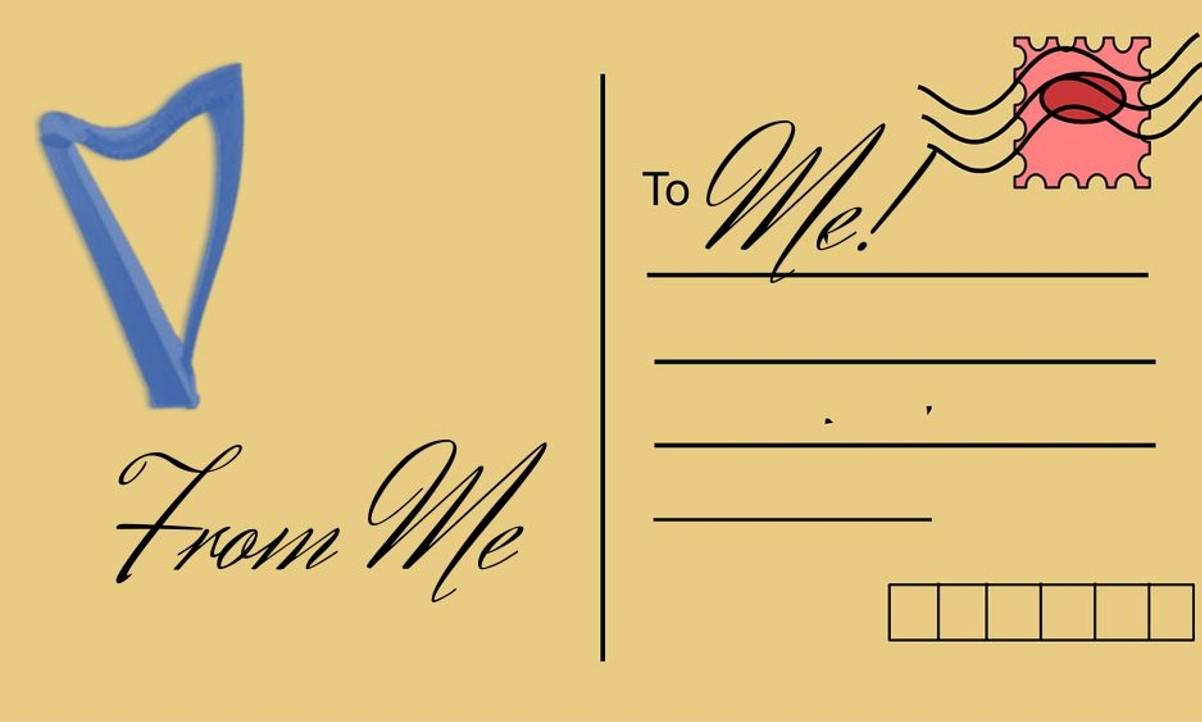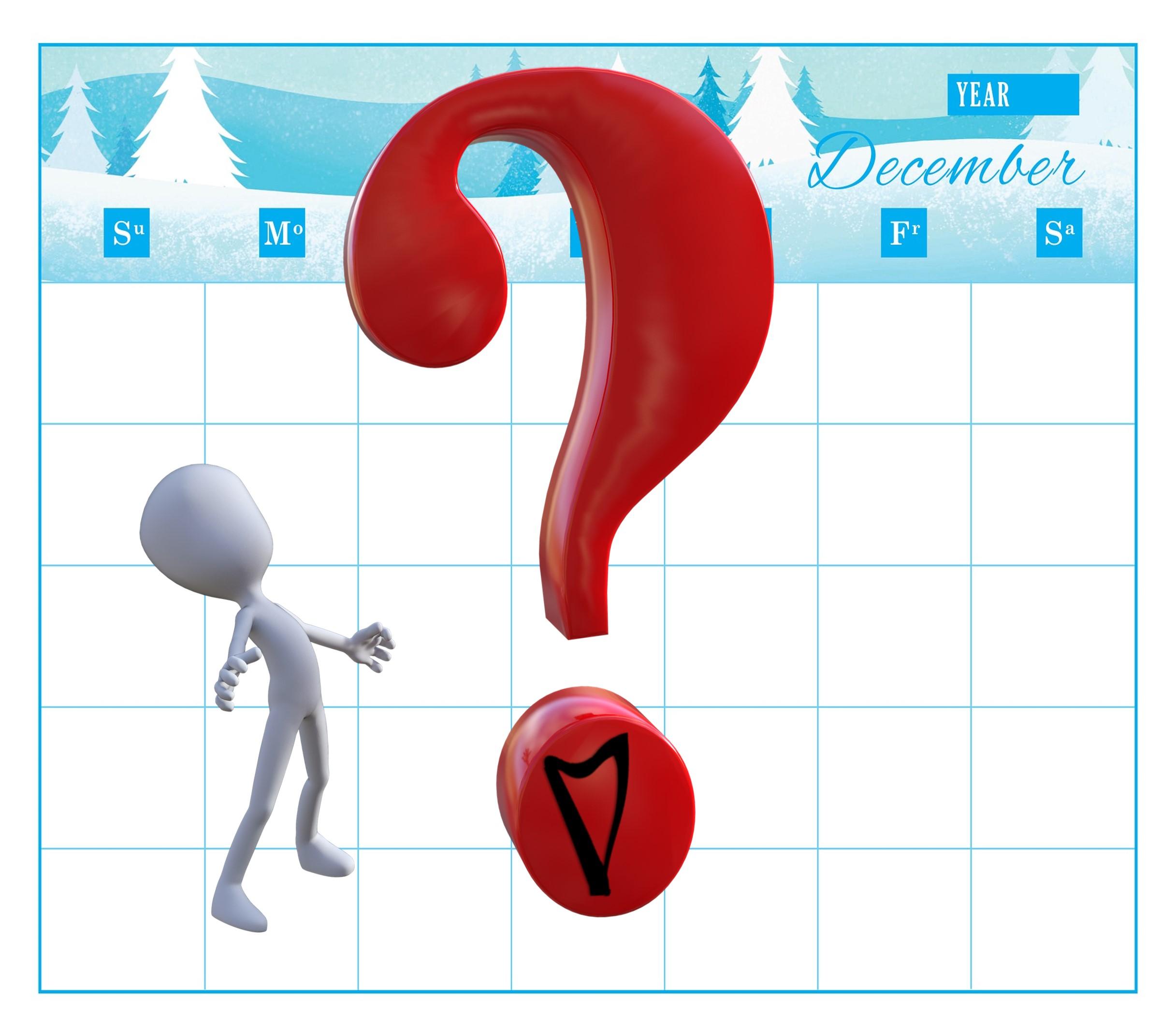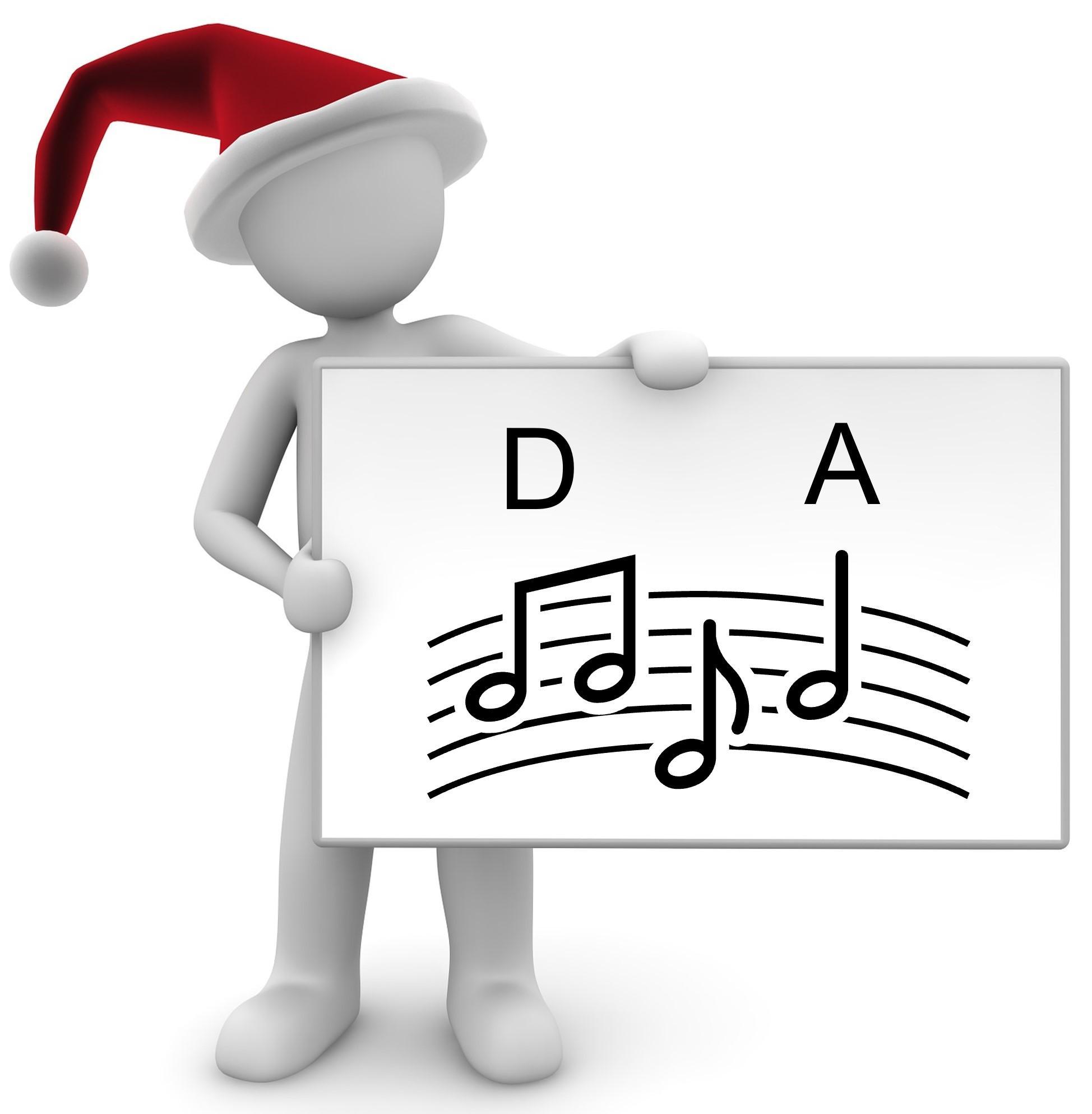February
It’s already February which means that January has slipped past us (not sure how that happened, but I double checked – it’s definitely February). Did you think I was going to let the beginning of the year slide by without bringing up goals and having a plan for the year? Ha!
So, have you identified your goals for the year? If you did, how’s it going? If you are like many people, you might have set some goals for the year back in December of early January, but you might not have made too much progress. However, the year is early yet, so there is still time to catch up! And if you haven’t set any goals for the year, here’s your opportunity.
Where to start? Well – what is important to you that you accomplish? Is there a tune you wanted to learn? Or is there some technique you struggle with or that you still need to learn? Or maybe you want to be ready to perform for an event? Some sort of “stretch” you want to try? Those are all goals.
What’s important is that you identify something that’s important to you and that you want to do. It’s not complicated!
Once you’ve set some goals, we’re all caught up and we can get started (or re-started!). What next?
Well, we need to commit to working on those goals. That means committing to it now. And tomorrow. And the next day. Next month and throughout the year. So often I tell you to write things down and this is no exception. You write these down so that the day after tomorrow, when there are loads of other things on your mind, you will still remember that you have a goal, what it is and that it’s important to you that you get there. Otherwise, it’s easy to get trussed up in the day-to-day and lose sight of it!
But goals are kind of big, so we need to break down each one (this is another place where writing it down can be helpful – we’re about to make a list of tasks!). No matter the size of your goal, usually it can be broken into smaller tasks – each of which we can finish…and then celebrate! We just have to keep focused and consistently doing what’s needed and moving on to the next step.
And we need to be kind to ourselves. If you miss a day or a task takes longer than you thought – ok, it takes longer. Just keep at it.
What are your goals this year? Do you know how you’re going to get there? Want to share an example? Let me know in the comments!


